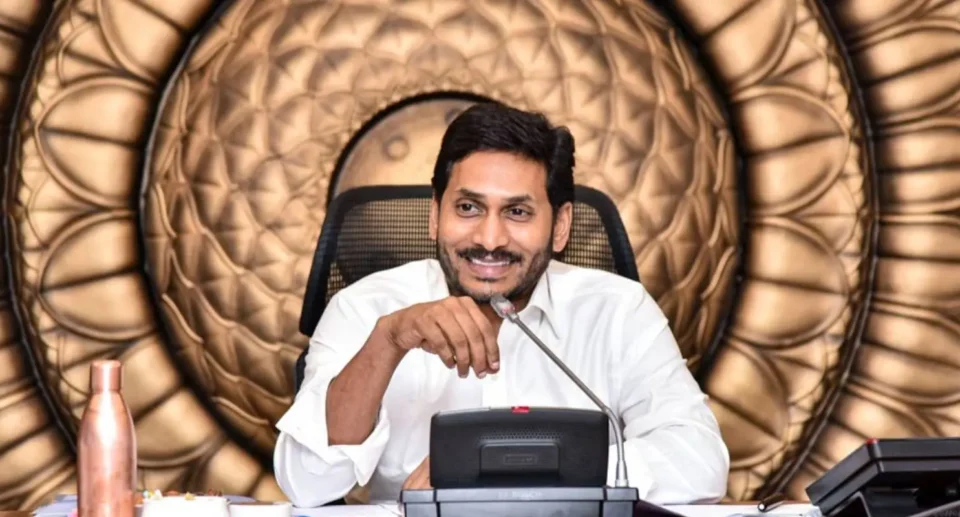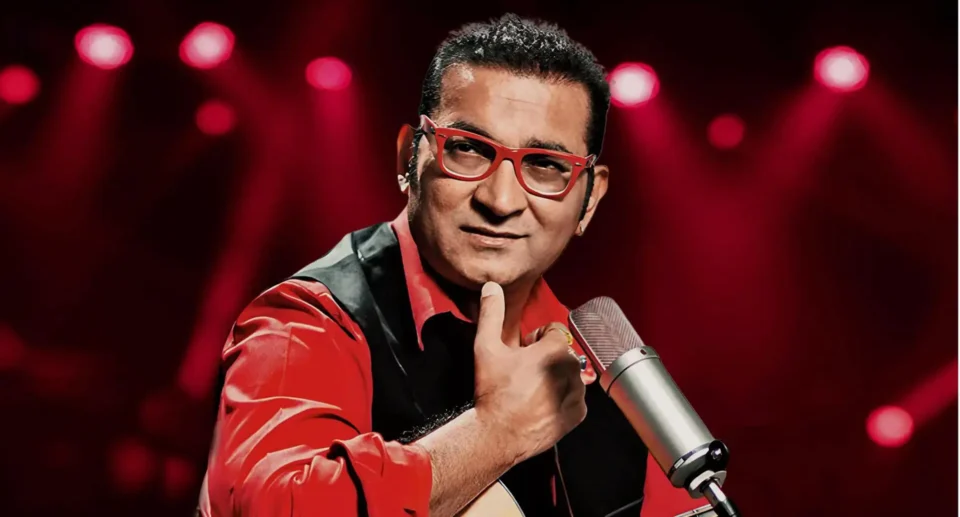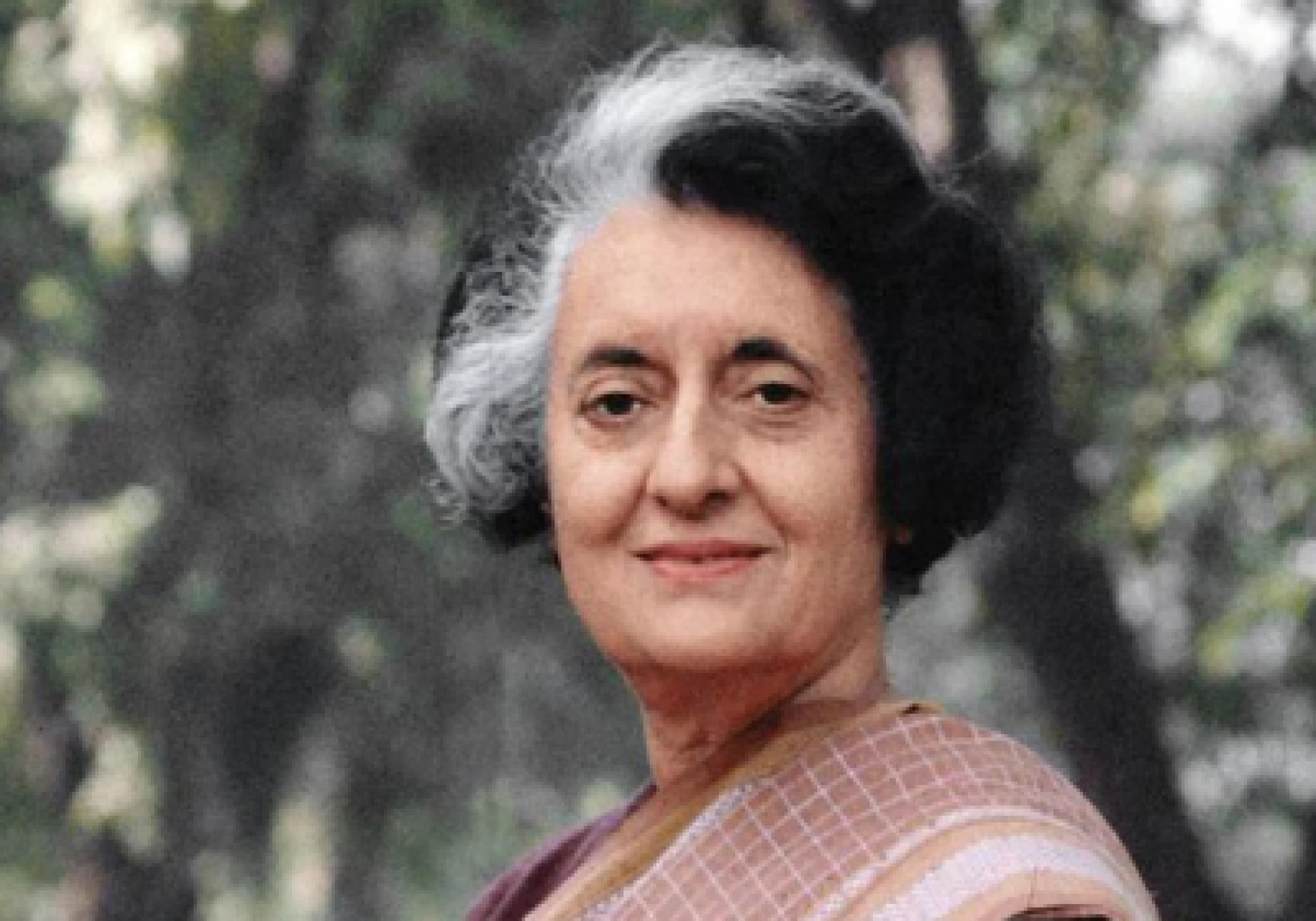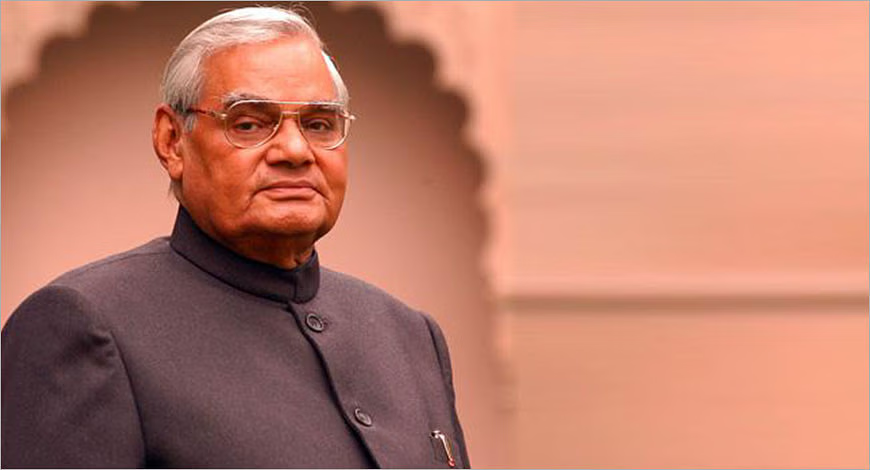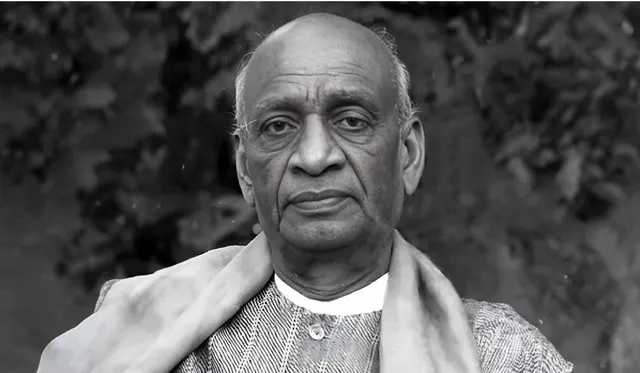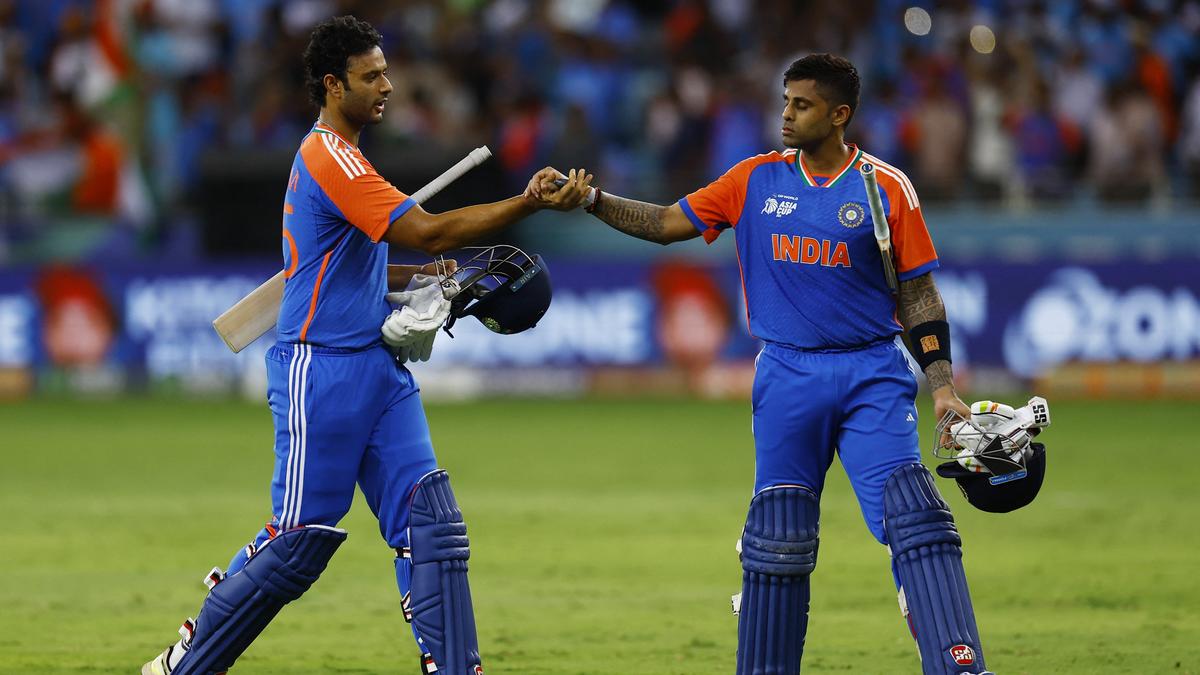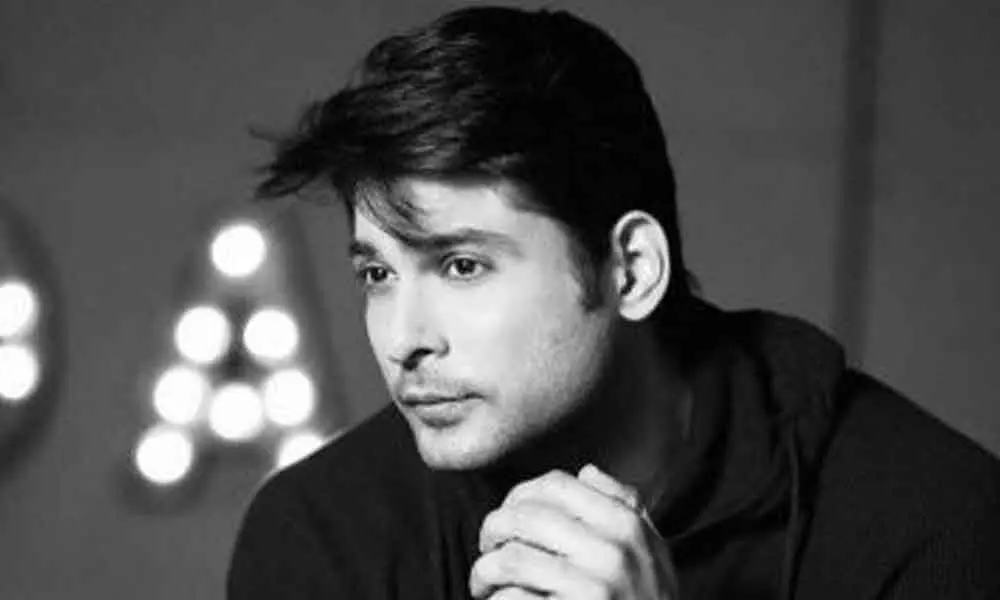Priyanka Gandhi Vadra Biography: Life, Political Journey, Achievements, and Legacy
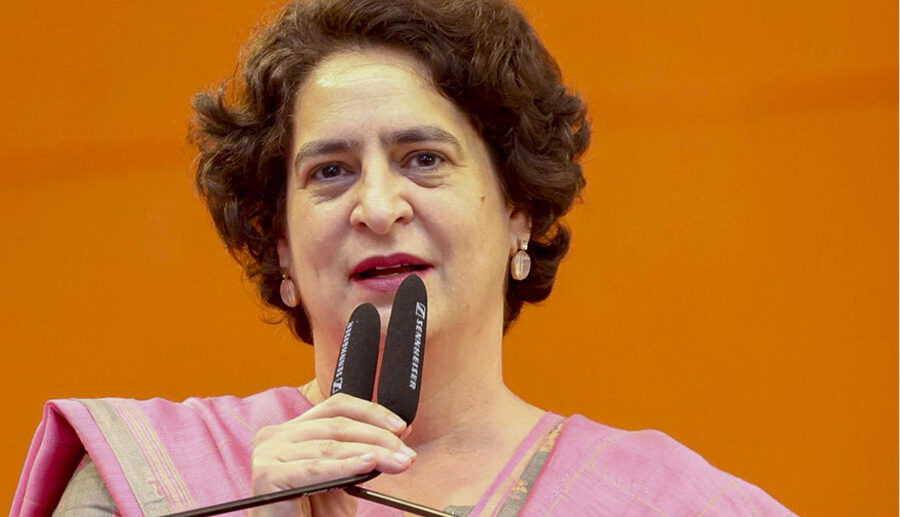
Introduction
Priyanka Gandhi Vadra, a prominent leader of the Indian National Congress (INC), is widely recognized for her charismatic presence, sharp political instincts, and strong connect with the masses. Belonging to India’s most influential political dynasty — the Nehru–Gandhi family — Priyanka has often been compared to her grandmother, Indira Gandhi, for her leadership style and personality. Though she officially entered politics much later than her brother, Rahul Gandhi, she remains one of the most influential women in Indian politics.
Personal Information
- Full Name: Priyanka Gandhi Vadra
- Date of Birth: 12 January 1972
- Birthplace: New Delhi, India
- Nationality: Indian
- Zodiac Sign: Capricorn
Physical Appearance
- Height: 5 feet 6 inches (167 cm)
- Weight: Approx. 65 kg
- Hair Color: Black
- Eye Color: Brown
- Build: Slim
Early Life and Childhood
Birth and Family Background
Priyanka Gandhi was born on January 12, 1972, in New Delhi, to Rajiv Gandhi (India’s 6th Prime Minister) and Sonia Gandhi, former INC President. She is the granddaughter of Indira Gandhi and great-granddaughter of Jawaharlal Nehru, India’s first Prime Minister.
Education
She studied at Modern School and Convent of Jesus and Mary in New Delhi. Later, she completed her B.A. in Psychology from Jesus and Mary College and an M.A. in Buddhist Studies from Delhi University.
Personal Life
Priyanka married Robert Vadra, a businessman, in 1997, and the couple has two children — Miraya and Raihan.
Entry into Public Life
Priyanka Gandhi Vadra was involved in Congress campaigns since the 1990s, often managing election strategies for her mother and brother. Despite not holding an official position for decades, she remained a powerful campaigner in Amethi and Rae Bareli, where her speeches and outreach boosted Congress’s presence.
Formal Entry into Politics
In January 2019, Priyanka Gandhi was appointed as the All India Congress Committee (AICC) General Secretary in charge of Uttar Pradesh (East). This marked her official debut in politics, although she had long been active behind the scenes.
Her appointment generated enthusiasm among Congress workers, many of whom saw her as a leader capable of reviving the party.
Political Journey
2019 General Elections
Priyanka campaigned extensively in Uttar Pradesh, focusing on grassroots workers, women, and youth. Although Congress did not perform well nationally, her leadership was acknowledged for energizing the cadre.
Uttar Pradesh Assembly Elections 2022
She spearheaded Congress’s campaign with the slogan “Ladki Hoon, Lad Sakti Hoon” (I am a girl, I can fight), highlighting women’s empowerment. While the party’s seat tally remained low, her campaign created national conversations around gender equality in politics.
Major Achievements and Contributions
- Strengthened Congress’s grassroots presence in Uttar Pradesh.
- Championed women’s participation in politics through bold campaigns.
- Known for her empathy, simplicity, and ability to connect with ordinary people.
- Played a crucial role in family constituencies Amethi and Rae Bareli.
Personality and Leadership Style
Priyanka Gandhi is often admired for her straightforward communication, charisma, and resemblance to Indira Gandhi. She is approachable, empathetic, and known to spend time listening to people’s problems. Her calm yet assertive leadership style makes her a strong campaigner in Indian politics.
Challenges and Criticism
- Criticized for delayed formal entry into active politics.
- Struggled to revive Congress in Uttar Pradesh despite strong campaigns.
- Often accused by political rivals of dynastic politics due to her family background.
Legacy and Impact
The Priyanka Gandhi Vadra Biography reflects her role as an emerging female leader in Indian politics. Though Congress has faced electoral challenges, her ability to inspire conversations around youth, women, and grassroots democracy positions her as a key leader for the party’s future.
Her legacy will be shaped by how she balances family legacy with political reinvention in a rapidly changing Indian political landscape.
